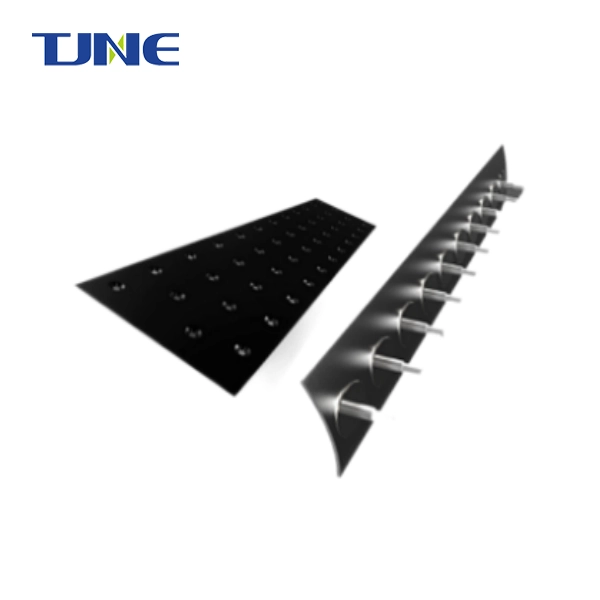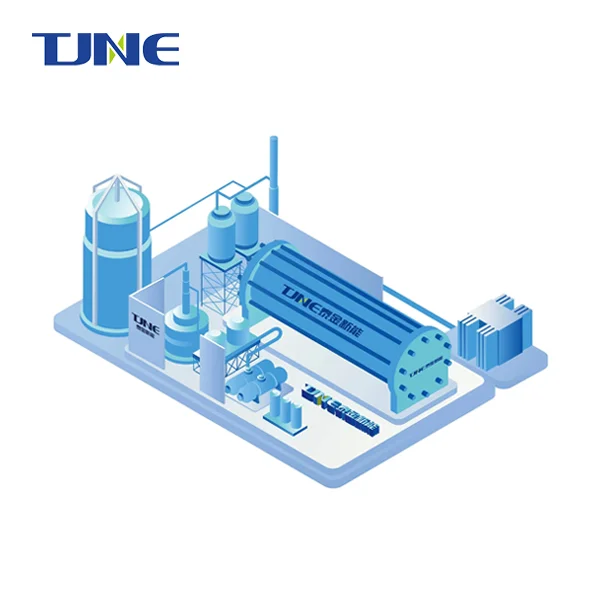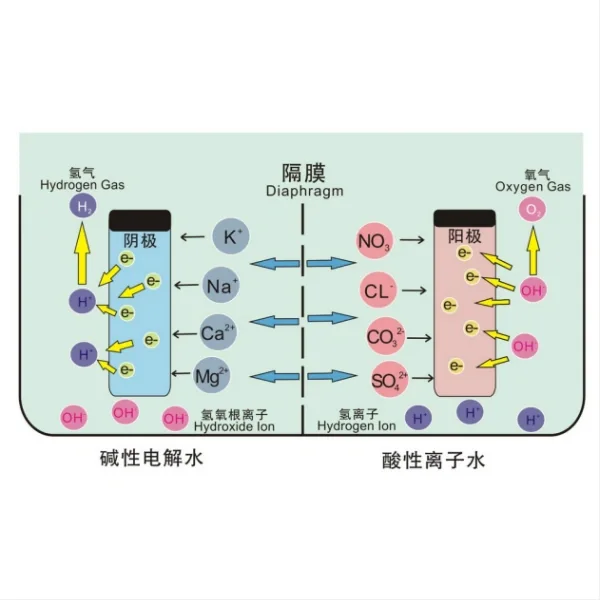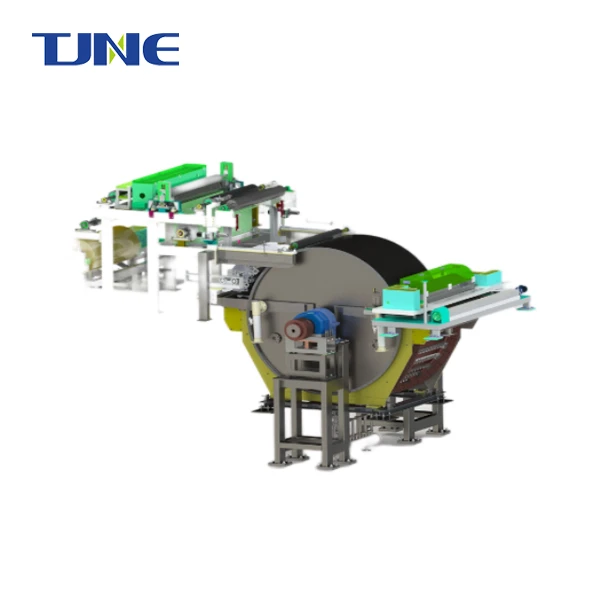- English
- French
- German
- Portuguese
- Spanish
- Russian
- Japanese
- Korean
- Arabic
- Greek
- German
- Turkish
- Italian
- Danish
- Romanian
- Indonesian
- Czech
- Afrikaans
- Swedish
- Polish
- Basque
- Catalan
- Esperanto
- Hindi
- Lao
- Albanian
- Amharic
- Armenian
- Azerbaijani
- Belarusian
- Bengali
- Bosnian
- Bulgarian
- Cebuano
- Chichewa
- Corsican
- Croatian
- Dutch
- Estonian
- Filipino
- Finnish
- Frisian
- Galician
- Georgian
- Gujarati
- Haitian
- Hausa
- Hawaiian
- Hebrew
- Hmong
- Hungarian
- Icelandic
- Igbo
- Javanese
- Kannada
- Kazakh
- Khmer
- Kurdish
- Kyrgyz
- Latin
- Latvian
- Lithuanian
- Luxembou..
- Macedonian
- Malagasy
- Malay
- Malayalam
- Maltese
- Maori
- Marathi
- Mongolian
- Burmese
- Nepali
- Norwegian
- Pashto
- Persian
- Punjabi
- Serbian
- Sesotho
- Sinhala
- Slovak
- Slovenian
- Somali
- Samoan
- Scots Gaelic
- Shona
- Sindhi
- Sundanese
- Swahili
- Tajik
- Tamil
- Telugu
- Thai
- Ukrainian
- Urdu
- Uzbek
- Vietnamese
- Welsh
- Xhosa
- Yiddish
- Yoruba
- Zulu
Swimming pools have long been a source of recreation and exercise, but maintaining them in an environmentally friendly manner has been a challenge. In recent years, the use of Titanium electrodes for swimming pool disinfection has emerged as a promising solution for sustainable swimming. These electrodes contribute to more eco-friendly pool maintenance by reducing chemical usage, improving water quality, and enhancing energy efficiency. Let's explore how Titanium electrodes are revolutionizing the swimming pool industry and promoting sustainability.
How do Titanium electrodes compare to traditional chlorine disinfection methods?
Titanium electrodes represent a significant advancement in swimming pool disinfection technology when compared to traditional chlorine-based methods. While chlorine has been the go-to disinfectant for decades, it comes with several drawbacks that Titanium electrodes address effectively.
Firstly, Titanium electrodes operate on the principle of electrolysis, which generates chlorine on-site from the salt naturally present in the pool water. This process, known as salt chlorination, eliminates the need for storing and handling hazardous chlorine chemicals. As a result, pool owners and operators can significantly reduce their reliance on traditional chlorine products, leading to a safer and more environmentally friendly pool maintenance routine.
One of the key advantages of Titanium electrodes is their ability to produce a consistent and controlled level of chlorine. Unlike manual chlorine addition, which can lead to fluctuations in chlorine levels, salt chlorination systems maintain a steady concentration of sanitizer in the pool. This consistent disinfection helps prevent the growth of harmful bacteria and algae while reducing the formation of chloramines, which are responsible for the notorious "pool smell" and eye irritation often associated with heavily chlorinated pools.
Moreover, Titanium electrodes contribute to improved water quality. The electrolysis process not only generates chlorine but also produces other oxidizing agents that help break down organic contaminants in the water. This results in clearer, softer water that is gentler on swimmers' skin, eyes, and hair. Many pool users report a more pleasant swimming experience in pools treated with salt chlorination systems compared to those using traditional chlorine methods.
Another significant advantage of Titanium electrodes is their longevity and durability. These electrodes are designed to withstand the harsh pool environment and can last for several years before requiring replacement. In contrast, traditional chlorine systems often require frequent replenishment of chemicals and maintenance of dosing equipment. The extended lifespan of Titanium electrodes translates to reduced waste and lower long-term operational costs for pool owners.
From an environmental perspective, Titanium electrodes offer a more sustainable approach to pool disinfection. By reducing the need for chlorine transportation and packaging, these systems help decrease the carbon footprint associated with pool maintenance. Additionally, the reduction in chemical usage means fewer harmful byproducts are released into the environment when pool water is drained or backwashed.
What are the energy-saving benefits of using Titanium electrodes in pool systems?
The adoption of Titanium electrodes in swimming pool systems brings significant energy-saving benefits, contributing to the overall sustainability of pool operations. These energy efficiencies are realized through various aspects of the pool management process, making Titanium electrodes an attractive option for environmentally conscious pool owners and operators.
One of the primary energy-saving benefits of Titanium electrodes lies in their ability to operate at lower voltages compared to other electrolytic systems. The unique properties of Titanium, combined with specialized coatings, allow for efficient chlorine generation even at reduced power inputs. This lower energy requirement translates directly into reduced electricity consumption, leading to lower operating costs and a smaller carbon footprint for the pool.
Furthermore, Titanium electrodes contribute to energy savings through their role in maintaining optimal water chemistry. By consistently producing the right amount of chlorine, these systems help prevent the need for shock treatments or excessive chemical additions that often result from imbalanced water conditions. This stability in water chemistry reduces the workload on filtration and circulation systems, allowing them to operate more efficiently and consume less energy over time.
The use of Titanium electrodes also enables more efficient heating of pool water. In traditional chlorine-treated pools, the presence of high levels of chemicals can lead to increased evaporation rates, which in turn results in greater heat loss. Salt chlorination systems using Titanium electrodes typically maintain lower overall chemical concentrations, reducing evaporation and helping to retain heat in the pool water. This improved heat retention means less energy is required to maintain the desired water temperature, particularly in outdoor pools or in cooler climates.
Another energy-saving aspect of Titanium electrode systems is their compatibility with variable speed pumps. These pumps can adjust their flow rates based on the pool's current needs, operating at lower speeds during off-peak times. The consistent chlorine production from Titanium electrodes allows for this flexibility in pump operation, as there's less need for constant high-speed circulation to distribute manually added chemicals. This synergy between Titanium electrodes and variable speed pumps can lead to substantial energy savings, with some pool owners reporting up to 90% reduction in pump-related energy consumption.
The longevity of Titanium electrodes also contributes to energy conservation from a lifecycle perspective. The durability of these electrodes means less frequent replacement, reducing the energy associated with manufacturing and transporting replacement parts. Additionally, the reduced need for chemical deliveries and fewer maintenance visits further decreases the overall energy footprint of pool operations.
It's worth noting that the energy-saving benefits of Titanium electrodes extend beyond the pool itself. By reducing the demand for chemical production and transportation, these systems contribute to energy savings in the broader supply chain. The decreased reliance on chlorine manufacturing and distribution processes results in lower industrial energy consumption and reduced transportation-related emissions.
How do Titanium electrodes improve water quality and swimmer comfort?
Titanium electrodes play a crucial role in enhancing water quality and swimmer comfort in swimming pools, making them an essential component of modern, sustainable pool systems. The unique properties of Titanium and the electrolysis process it facilitates contribute to a superior swimming experience while maintaining high standards of hygiene and safety.
One of the primary ways Titanium electrodes improve water quality is through their efficient and controlled production of chlorine. Unlike traditional methods that involve adding pre-manufactured chlorine products, salt chlorination systems using Titanium electrodes generate chlorine directly from the salt dissolved in the pool water. This on-site production ensures a consistent level of sanitizer in the pool, preventing the peaks and troughs in chlorine concentration that can occur with manual dosing. The result is a more stable and balanced pool environment that is less prone to algae growth and bacterial contamination.
The electrolysis process facilitated by Titanium electrodes also produces other beneficial oxidizing agents, such as oxygen radicals and hydrogen peroxide. These compounds work alongside chlorine to break down organic contaminants in the water, including oils, sweat, and other bodily fluids introduced by swimmers. This multi-faceted approach to water treatment results in clearer, cleaner water that not only looks more inviting but also provides a healthier swimming environment.
Another significant advantage of Titanium electrode systems is their ability to reduce the formation of chloramines. Chloramines are the byproducts created when chlorine reacts with organic matter in the water, and they are responsible for the characteristic "pool smell" and eye irritation often associated with heavily chlorinated pools. By maintaining a more consistent chlorine level and providing additional oxidation, Titanium electrodes help minimize chloramine formation. This results in a more pleasant swimming experience with less eye and skin irritation, and a noticeable reduction in unpleasant odors.
The use of Titanium electrodes also contributes to softer, more comfortable pool water. Traditional chlorine systems often require the addition of other chemicals to balance pH and stabilize chlorine, which can lead to high levels of total dissolved solids (TDS) in the water. In contrast, salt chlorination systems using Titanium electrodes typically require fewer additional chemicals, resulting in lower TDS levels. This leads to water that feels softer and more natural to swim in, often described as similar to swimming in a freshwater lake.
Swimmer comfort is further enhanced by the natural properties of the slightly saline water in pools using Titanium electrode systems. The low salt concentration (typically around 3,000 ppm, which is about a tenth of seawater) provides a subtle buoyancy effect, making swimming more enjoyable and potentially less fatiguing for some users. Many swimmers also report that this saline environment is gentler on their skin and hair compared to traditionally chlorinated pools.
The improved water quality resulting from Titanium electrode systems can also have positive impacts on the pool structure and equipment. The more balanced and stable water chemistry helps prevent scale formation on pool surfaces and equipment, reducing wear and tear and extending the lifespan of pool components. This not only contributes to the overall sustainability of the pool system but also ensures a consistently high-quality swimming environment over time.
In conclusion, Titanium electrodes have emerged as a game-changing technology in the pursuit of sustainable swimming. By revolutionizing pool disinfection methods, offering significant energy-saving benefits, and dramatically improving water quality and swimmer comfort, these electrodes are setting new standards for eco-friendly pool management. As the swimming pool industry continues to evolve, Titanium electrodes stand at the forefront of innovations that prioritize both environmental responsibility and user experience. Their adoption represents a significant step towards more sustainable aquatic facilities that can be enjoyed for generations to come.
If you are interested in the products of Xi'an Taijin New Energy Technology Co., Ltd., please contact yangbo@tjanode.com.
References:
1. World Health Organization. (2006). Guidelines for safe recreational water environments. Volume 2, Swimming pools and similar environments.
2. Zwiener, C., Richardson, S. D., De Marini, D. M., Grummt, T., Glauner, T., & Frimmel, F. H. (2007). Drowning in disinfection byproducts? Assessing swimming pool water. Environmental Science & Technology, 41(2), 363-372.
3. Saunus, C. (2018). Planning and Care of Swimming Pools. Bundesverband Schwimmbad & Wellness e.V.
4. American Chemistry Council. (2022). Swimming Pool Chemical Safety. Chlorine Chemistry Division.
5. U.S. Environmental Protection Agency. (2021). Healthy Swimming/Recreational Water.
6. Pool & Spa Marketing. (2023). The benefits of salt chlorination systems in commercial pools.
7. Journal of the Swimming Pool and Spa Industry. (2022). Advancements in pool sanitization technologies.
8. International Association of Plumbing and Mechanical Officials. (2021). Uniform Swimming Pool, Spa and Hot Tub Code.
9. Centers for Disease Control and Prevention. (2023). Model Aquatic Health Code.
10. Water Quality and Health Council. (2022). Healthy Pools: Chlorine & pH.












